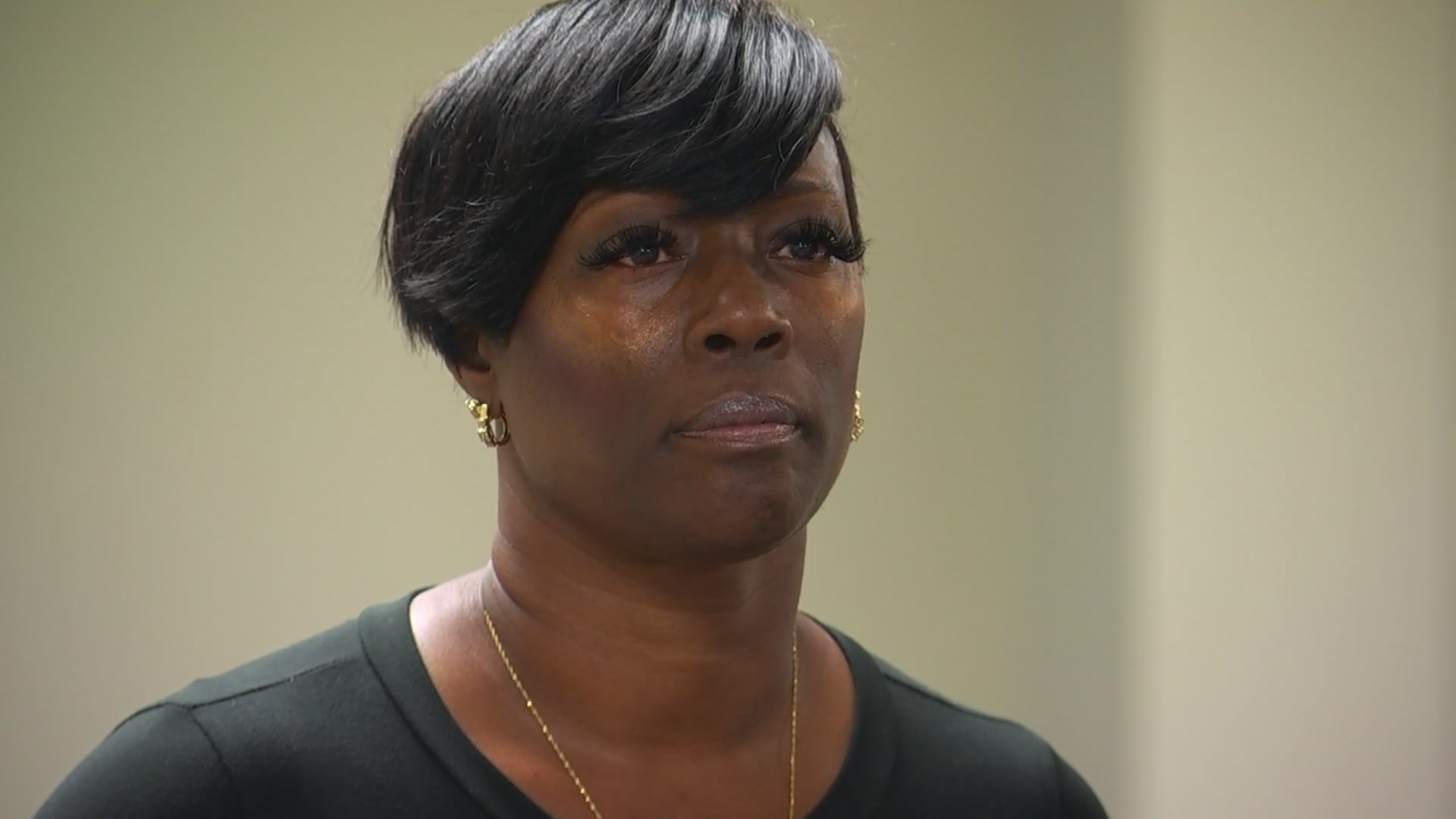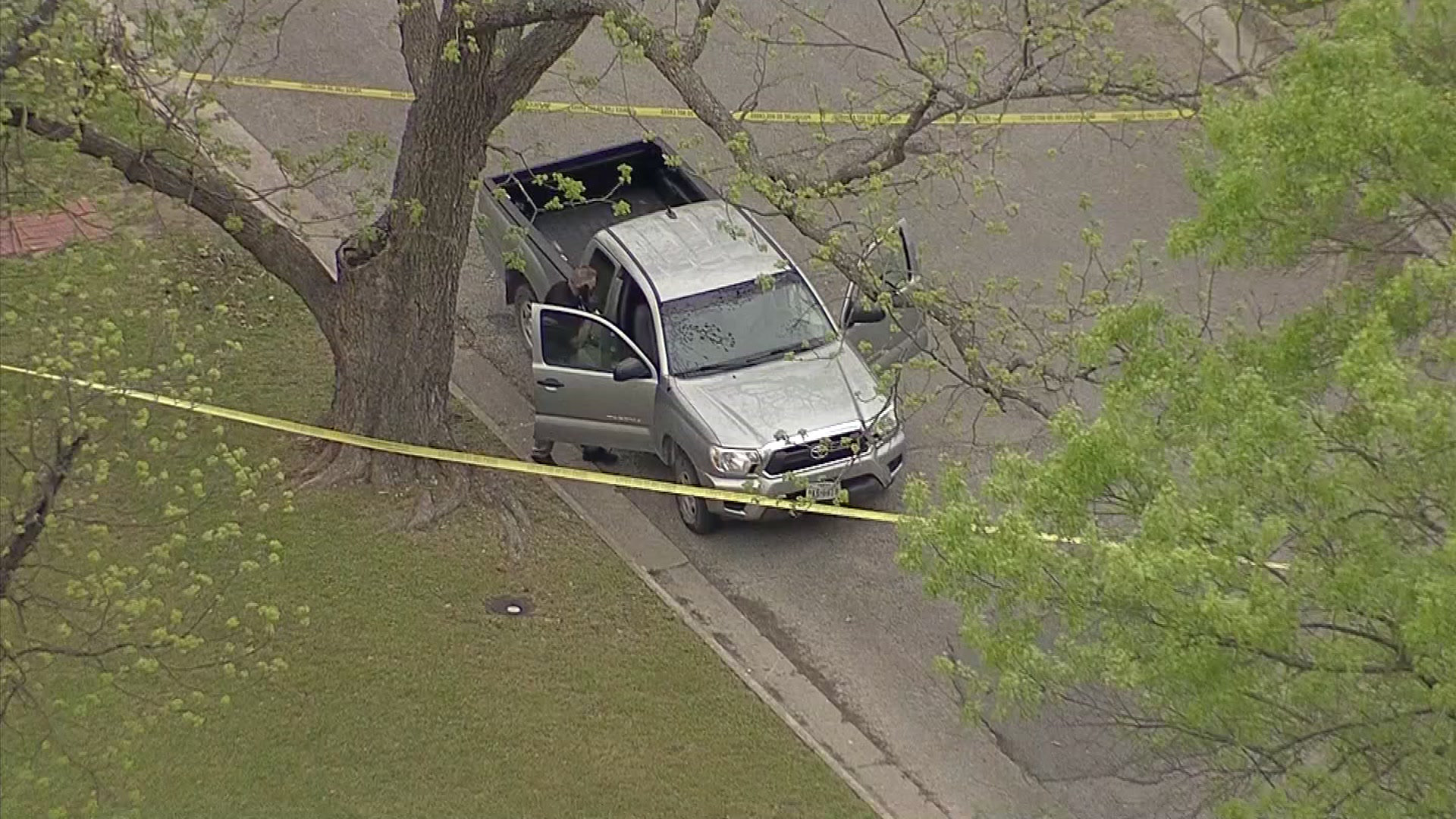The city of Dallas is just months away from the deadline to revise the “Dockless Vehicle” ordinance that regulates the use of electric scooters. Meanwhile, the debate over the scooters' future and impact on public safety continued Monday among council members and city staff.
“Getting rid of scooters in the City of Dallas is absolutely not a viable option,” District 7 Council member Adam Bazaldua said. “We want scooters to be a means of transportation, we want to promote walkability and we want to make our urban core, more of an urban core.”
Other council members, including Carolyn King Arnold, have said publicly they wouldn't mind seeing electric scooters removed from the city.
On Monday Bazaldua, King Arnold and the rest of the Public Safety Committee heard from Dallas police and city staff, who rolled out four recommendations.
They included:
- Regulation of scooter speeds
- Restricting or prohibiting the use of scooters in certain areas and at certain times
- Equipping scooters with better lights and reflectors
- Requiring companies to disable scooters at "takeover events" if requested by police
"It's the speed, it's the hours of operation, it’s these take over events where we need to get these scooters offline,” Dallas Deputy Police Chief Thomas Castro said.
Local
The latest news from around North Texas.
Castro oversees DPD’s Central Division and points to recent “takeover events” where over a hundred scooters flooded targeted streets as among the most critical public safety challenges posed by electric scooters.
According to Baylor Scott & White, since the electric scooters rolled out last summer there have been 321 ER visits for scooter-related trauma.
But Bazaldua said he believed it’s just as much about city infrastructure and the way electric scooters interact with other modes of transportation.
“Instead of knowing how many people ended up in the hospital, I want to know what the cause of these accidents are,” he said. “I think it’s important for data to be raw and unfiltered.”
Bazaldua said he would like to see revenue from future electric scooter contracts to be ear-marked for the development of "multi-modal" lanes that would help remove scooters from the sidewalk and protect them from traffic.
“Change is coming and you can be resistant to it or you can figure out how to be innovative and make it conducive to society,” Bazaldua said.
City council committees will discuss revisions of the scooter ordinance again before a decision will be finalized this coming February.



